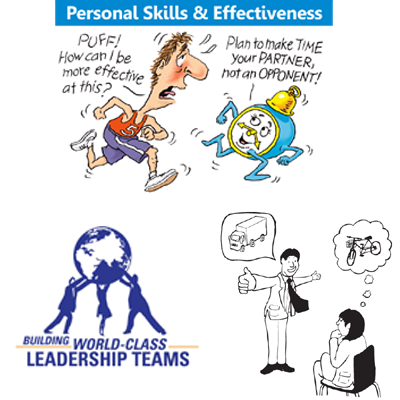Why Soft Skills Are So Important
The relative importance of each skill varies by profession. In the IT Services industry, communication skills (particularly listening skills), business communication skills, problem solving skills and team skills are perceived as crucial. The KPO sector demands many of these same skill sets. In organized retail, the key skills needed are communication skills, selling skills and customer service skills. This holds true for the financial services sector as well.

Soft Skills
Soft skills is a term often associated with a person’s “EQ” (Emotional Intelligence Quotient), the cluster of personality traits, social graces, communication, language, personal habits, friendliness, and optimism that characterize relationships with other people. Soft skills complement hard skills which are the occupational requirements of a job and many other activities. They are related to feelings, emotions, insights and (some would say) an ‘inner knowing’: i.e. they provide an important complement to ‘hard skills’ and IQ.
Soft skills are personal attributes that enhance an individual’s interactions, job performance and career prospects. Unlike hard skills, which are about a person’s skill set and ability to perform a certain type of task or activity, soft skills relate to a person’s ability to interact effectively with coworkers and customers and are broadly applicable both in and outside the workplace.
A person’s soft skill EQ is an important part of their individual contribution to the success of an organization. Particularly those organizations dealing with customers face-to-face are generally more successful, if they train their staff to use these skills. Screening or training for personal habits or traits such as dependability and conscientiousness can yield significant return on investment for an organization. For this reason, soft skills are increasingly sought out by employers in addition to standard qualifications.
It has been suggested that in a number of professions, soft skills may be more important over the long term than occupational skills. The legal profession is one example where the ability to deal with people effectively and politely, more than their mere occupational skills, can determine the professional success of a lawyer.
Soft Skills are behavioral competencies. Also known as Interpersonal Skills, or people skills, they include proficiency such as communication skills, conflict resolution and negotiation, personal effectiveness, creative problem solving, strategic thinking, team building, influencing skills and selling skills, to name a few. These skills are based on performance, productivity, and how well the job is done. All of these previously mentioned skills can be acquired through numerous ways, mainly with bettering communication and development of leadership qualities. Working on body language, eye contact, and being at ease in relationships of any kind will improve the soft skills.
Leadership Skills

- Team Building
- Strategic Planning
- Coaching
- Mentoring
- Delegation
- Dispute Resolution
- Diplomacy
- Giving Feedback
- Managing Difficult Conversations
- Decision Making
- Performance Management
- Supervising
- Managing
- Manager Management
- Talent Management
- Managing Remote Teams
- Crisis Management
Communication Skills

- Verbal Communication
- Body Language
- Physical Communication
- Writing
- Storytelling
- Visual Communication
- Humor
- Listening
- Presentation Skills
- Public Speaking
- Interviewing
- Making First Impression
Personal Skills

- Emotional Intelligence
- Self Awareness
- Emotion Management
- Stress Management
- Tolerance of Change and Uncertainty
- Taking Criticism
- Self Confidence
- Adaptability
- Resilience
- Assertiveness
- Competitiveness
- Self Leadership
- Self Assessment
- Work-Life Balance
- Friendliness
- Enthusiasm
- Empathy
Professiona Skills

- Planning
- Scheduling
- Time Management
- Meeting Management
- Technology Savvy
- Technology Trend Awareness
- Business Etiquette
- Business Ethics
- Diversity Awareness
- Intercultural Competence
- Training
- Process Improvement
- Knowledge Management
- Writing Reports and Proposals
- Customer Service
Contact Us
